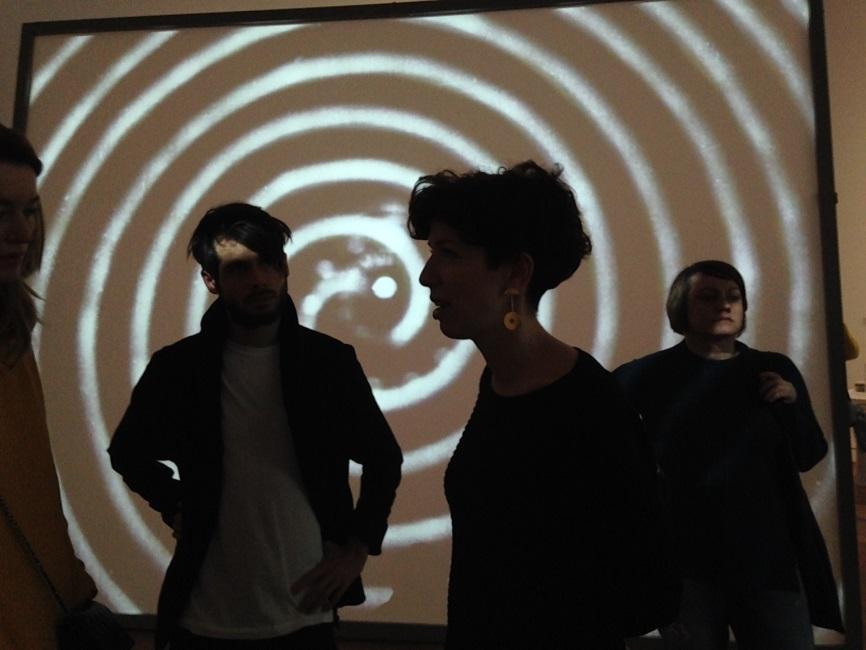The Future Will Be Different. Visions and Practices of Social Modernisation after 1918 - review of the exhibition and catalogue
DOI:
https://doi.org/10.17892/app.2018.0007.134Schlagworte:
Aleksander Ford, Franciszka Themerson, Stefan Themerson, Eugeniusz Cękalski, Wanda Jakubowska, Modernismus, Zwischenkriegszeit, Emanzipationsbewegung, Utopie, Erziehung, Sport, Propaganda, Photographie, Assoziation START, Vereinigung der Filmautoren SAF.Abstract
The Future will be different. Visions and practices of social modernization after 1918 is the title of a new exhibition in the Zachęta. Once again, the National Film Archive - Audiovisual Institute (FINA), together with the Narodowe Archiwum Cyfrowe (NAC) are a co-organizers of the exhibition. The Second Republic of Poland is a compelling topic for analysis – both ideologically and politically. Over a short period of time, all modern ideas were focusing and intensifying to an unprecedented extent with a combination of political events, new trends, and the urge for social transformation. WWI and later crisis, became a game changer, accelerating emancipation of previously undervalued and excluded social groups - women, children, workers, or ethnic minorities.'The Future Will Be Different', was a comprehensive exhibition dedicated to the period between the two world wars in Poland. Presented through the prism of modernist design and architecture, film, avant-garde theatre, and photography. The exhibition have shown the most important social and cultural ideas of the era — universal and still relevant today. More than perhaps we would like them to be.
Downloads
Veröffentlicht
Zitationsvorschlag
Ausgabe
Rubrik
Lizenz
Copyright (c) 2018 Apparatus. Film, Medien und digitale Kulturen in Mittel- und Osteuropa

Dieses Werk steht unter der Lizenz Creative Commons Namensnennung 4.0 International.
Die Beiträge in Apparatus sind unter https://creativecommons.org/licenses/by/4.0/ publiziert. Diese Lizenz kann nicht auf die zitierten Medien angewendet werden, diese unterliegen den Bedingungen der individuellen Nutzungsrechte.
Die Autor/innen besitzen uneingeschränktes Urheberrecht und verfügen ohne Vorbehalt über ihre Veröffentlichungsrechte.





